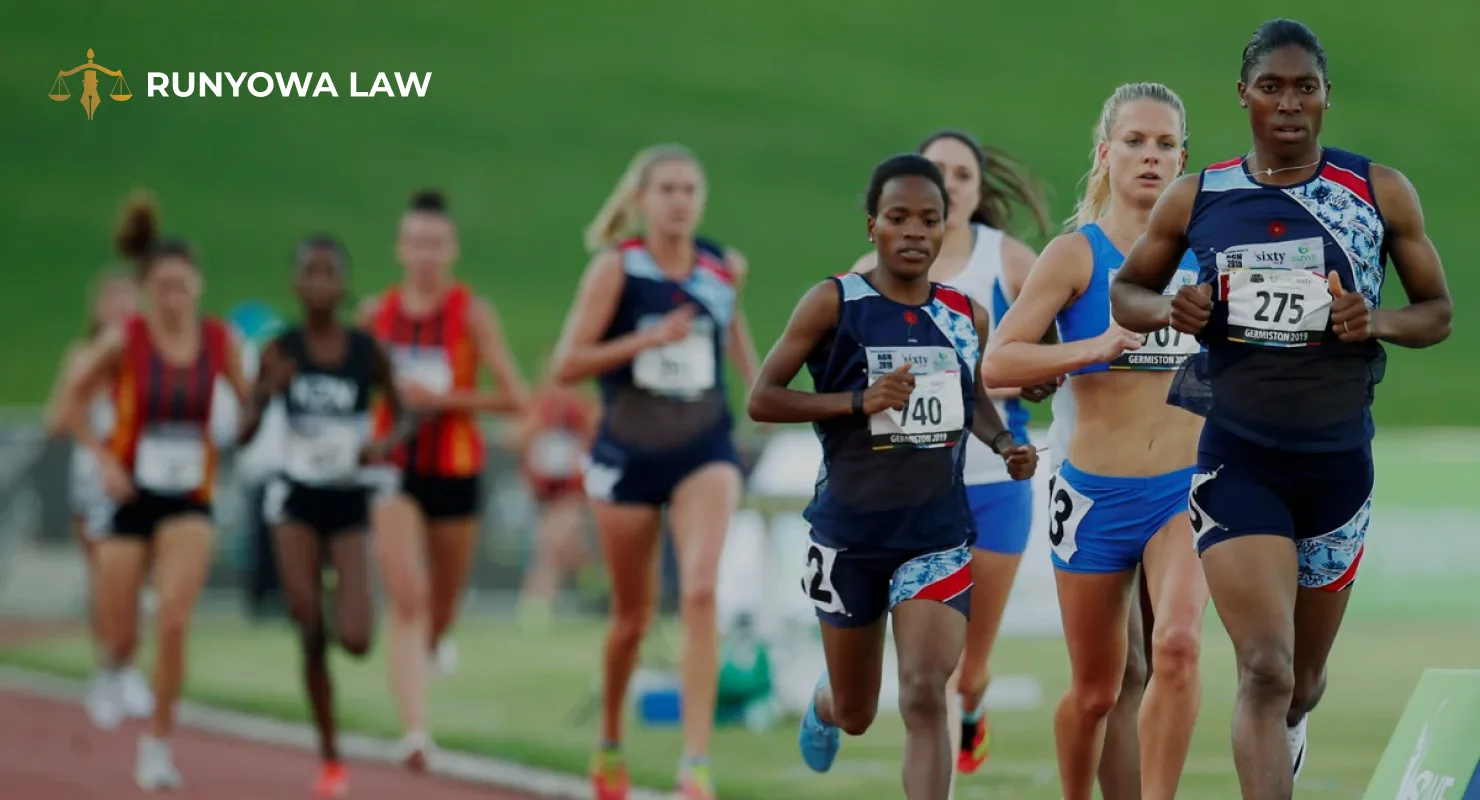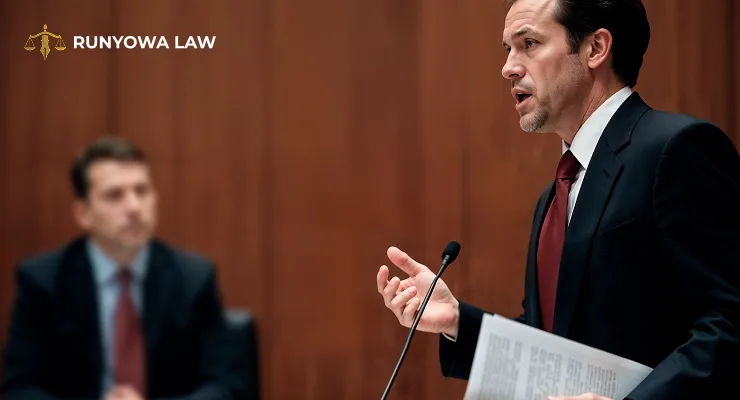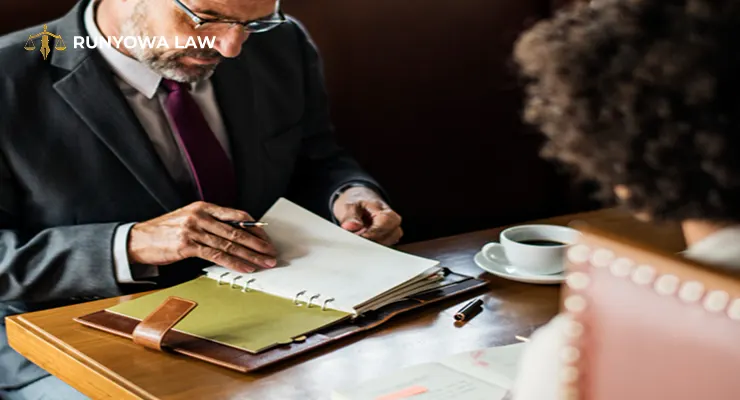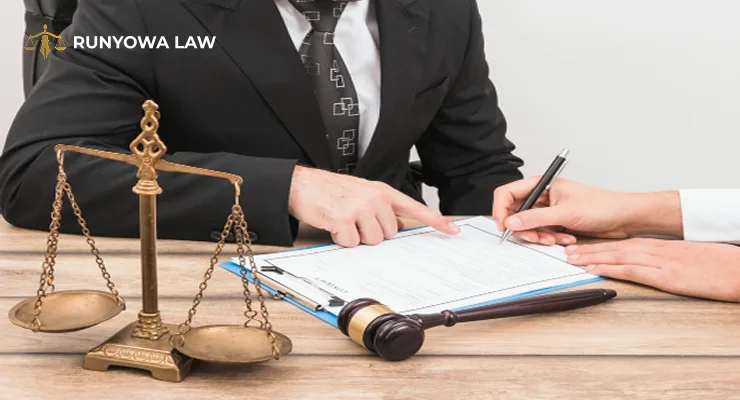In sports, athletes are always in the spotlight. Fans, media, and organizations watch closely. Sometimes, athletes face allegations of misconduct—on the field, off the field, or online. These situations are stressful and can even affect careers. But athletes have legal rights that protect them. Knowing these rights is crucial for anyone in professional or amateur sports.
Understanding Misconduct Allegations
Misconduct allegations can take many forms. They might include:
- Doping or drug-related offenses
- Harassment or violence
- Match-fixing or cheating
- Violating team or league rules
Some allegations are criminal, while others are breaches of sports policies. Being accused doesn’t automatically mean guilt. Investigations, tribunals, and legal systems exist to uncover the truth.
Right to Legal Representation
One of the most important rights is having legal representation. A sports lawyer can:
- Explain the allegations clearly
- Review evidence
- Advise on how to respond safely
Responding without a lawyer can be risky. Public statements or social media posts can be misinterpreted or used against an athlete. Legal guidance ensures that communication is safe and effective.
Right to Remain Silent
Athletes also have the right to remain silent during investigations. Talking without guidance can cause misunderstandings. Especially in criminal cases, this right is critical. It’s usually better to let lawyers handle communications until all facts are clear.
Right to a Fair Investigation
Fairness is essential. Athletes should:
- Know the charges against them
- Have access to evidence
- Be allowed to respond and present their side
Sometimes investigations feel biased or rushed. Legal support ensures proper procedures are followed and due process is respected.
Protection Against Defamation
False allegations can damage an athlete’s reputation permanently. Athletes have the right to protect themselves against defamation. If media, team officials, or others spread false claims, athletes can take legal action. Sports lawyers can help file defamation suits or request corrections to limit damage.
Right to Privacy
Even though athletes are public figures, privacy is still a legal right. Personal information, medical records, and private communications must be protected. During investigations, athletes can demand that sensitive information is handled carefully. Breaches of privacy can sometimes be legally challenged.
Right to Appeal Decisions
If an athlete is found guilty, there’s usually a right to appeal. Appeals can be made to:
- Sports tribunals
- Internal review boards
- Courts in some cases
Appeals correct mistakes in the initial investigation or trial and give athletes a chance to present their case again.
Understanding Contractual Rights
Athletes’ contracts with teams, sponsors, or leagues can be affected by misconduct allegations. Some contracts allow immediate suspension or termination if rules are broken. A lawyer can:
- Review contract clauses
- Negotiate terms
- Challenge unfair provisions
This helps protect an athlete’s rights, income, and future opportunities.
Right to Support and Counseling
Allegations are stressful and emotionally draining. Athletes have the right to mental health support and counseling. Organizations may offer support programs, and legal advisors often recommend using them. Maintaining mental well-being helps athletes stay focused while defending themselves.
Right to Transparency
Athletes should know how investigations proceed. Transparency includes:
- Understanding timelines
- Knowing hearing formats
- Learning who is involved in decision-making
If procedures are unclear, lawyers can demand more transparency to ensure fairness.
Role of a Sports Lawyer
A sports lawyer does more than represent an athlete in court. They guide the athlete through the entire process:
- Reviewing allegations and evidence
- Advising on public and private responses
- Negotiating with organizations or tribunals
- Representing in hearings or appeals
- Protecting reputation and contracts
Having a lawyer early makes a huge difference. Delaying legal support can lead to mistakes that are hard to fix later.
Common Mistakes Athletes Make
Some mistakes can worsen the situation:
- Responding publicly without legal advice
- Ignoring internal procedures
- Sharing private info online
- Handling everything alone
- Underestimating contract or sponsorship implications
Avoiding these mistakes protects careers and reputations.
Importance of Documentation
Documentation is key in misconduct cases. Athletes should keep records of:
- Emails and messages
- Contracts and sponsorship agreements
- Videos or other evidence
Clear records can support their case and help lawyers present evidence during investigations.
Dealing with Media and Public Opinion
Media can be both helpful and harmful. Social media spreads misinformation quickly. Athletes should avoid discussing allegations online unless guided by a lawyer. Public statements should be:
- Brief
- Factual
- Respectful
Avoiding unnecessary details helps protect privacy and legal rights.
Balancing Career and Legal Battles
Allegations can affect performance and future opportunities. Some athletes continue training while defending themselves; others take temporary breaks. Lawyers help balance career responsibilities with legal matters efficiently.
Preventive Measures for Athletes
Preventing issues is better than reacting later. Athletes can:
- Understand team and league rules
- Avoid risky behavior
- Keep contracts clear
- Maintain professionalism on and off the field
- Know legal rights before problems arise
Being proactive reduces stress and protects careers.
Conclusion
Facing misconduct allegations is challenging. They can affect an athlete’s reputation, career, and personal life. But knowing legal rights makes a huge difference. Athletes have rights to legal representation, fair investigations, privacy, and appeals. They also have protections in contracts and against defamation.
Working with a sports lawyer, documenting everything, and managing media carefully helps athletes navigate allegations successfully. Remember, allegations are not convictions. Acting wisely can protect careers and reputations even in tough times.
Legal guidance, mental health support, and careful planning aren’t just helpful—they’re essential for every athlete facing misconduct allegations.




